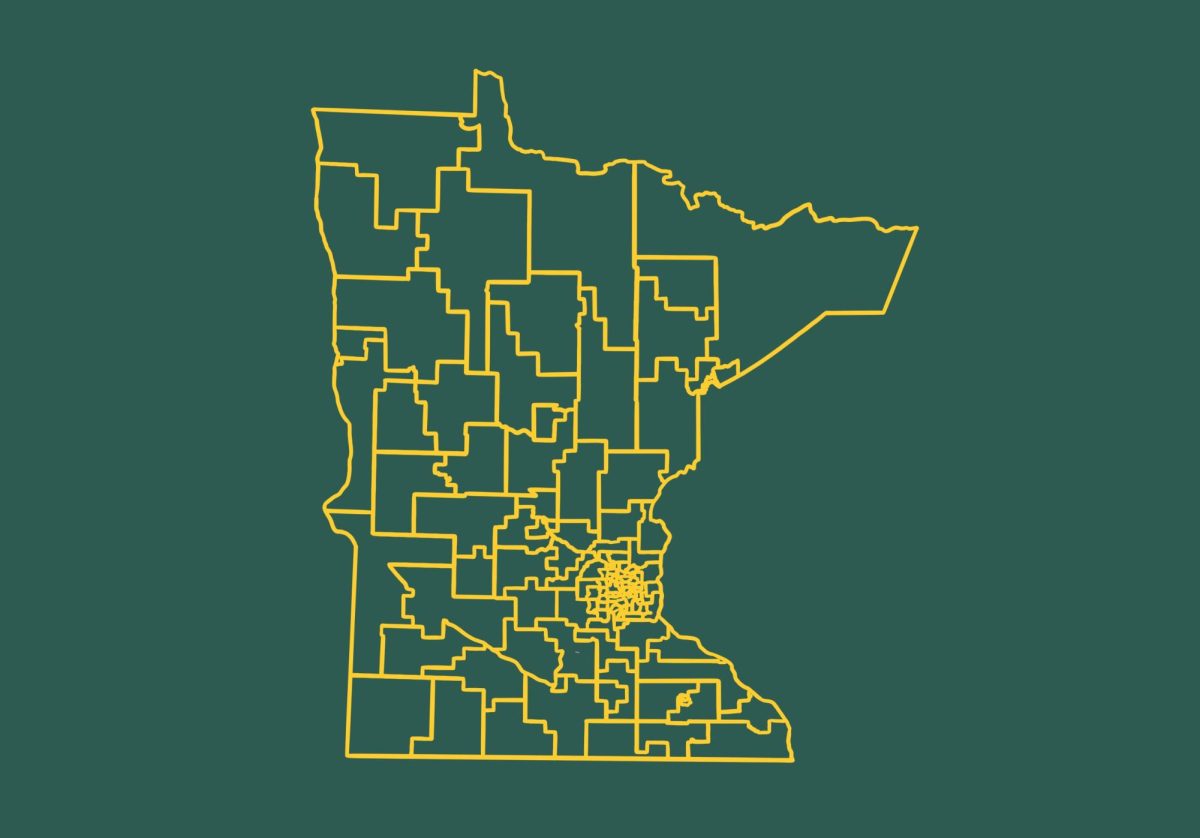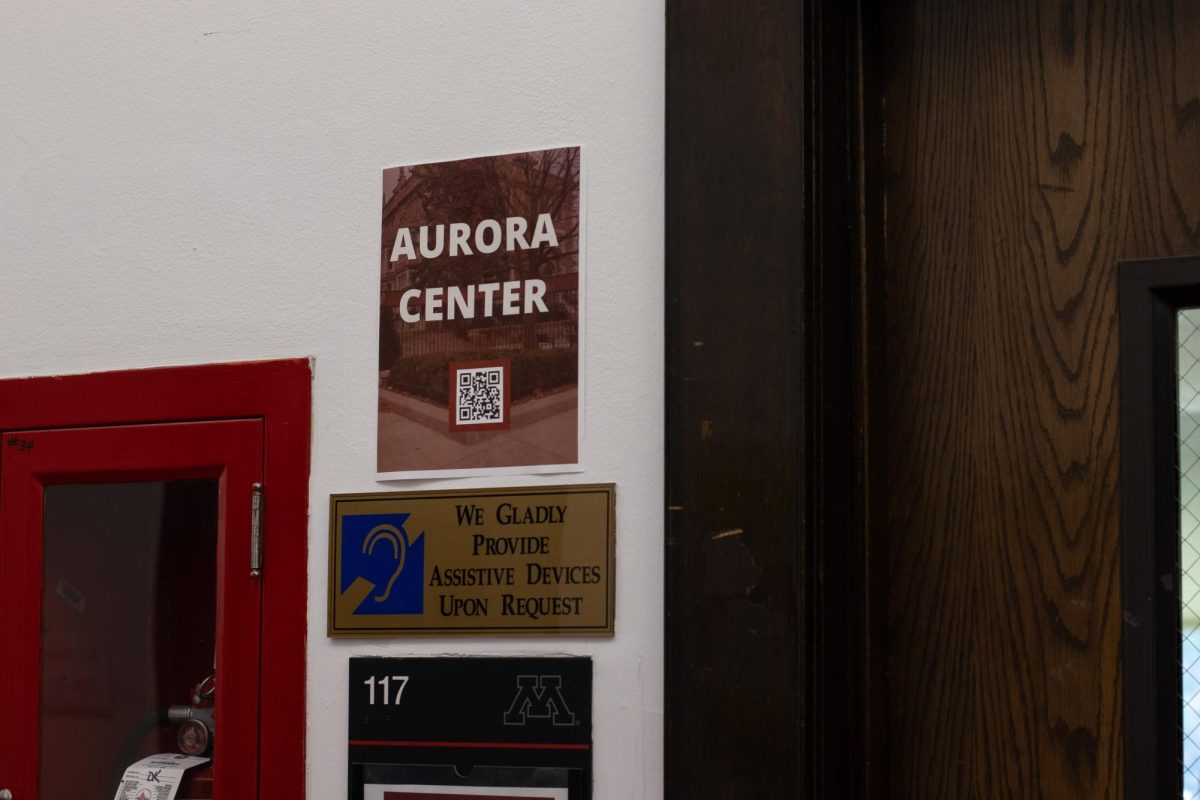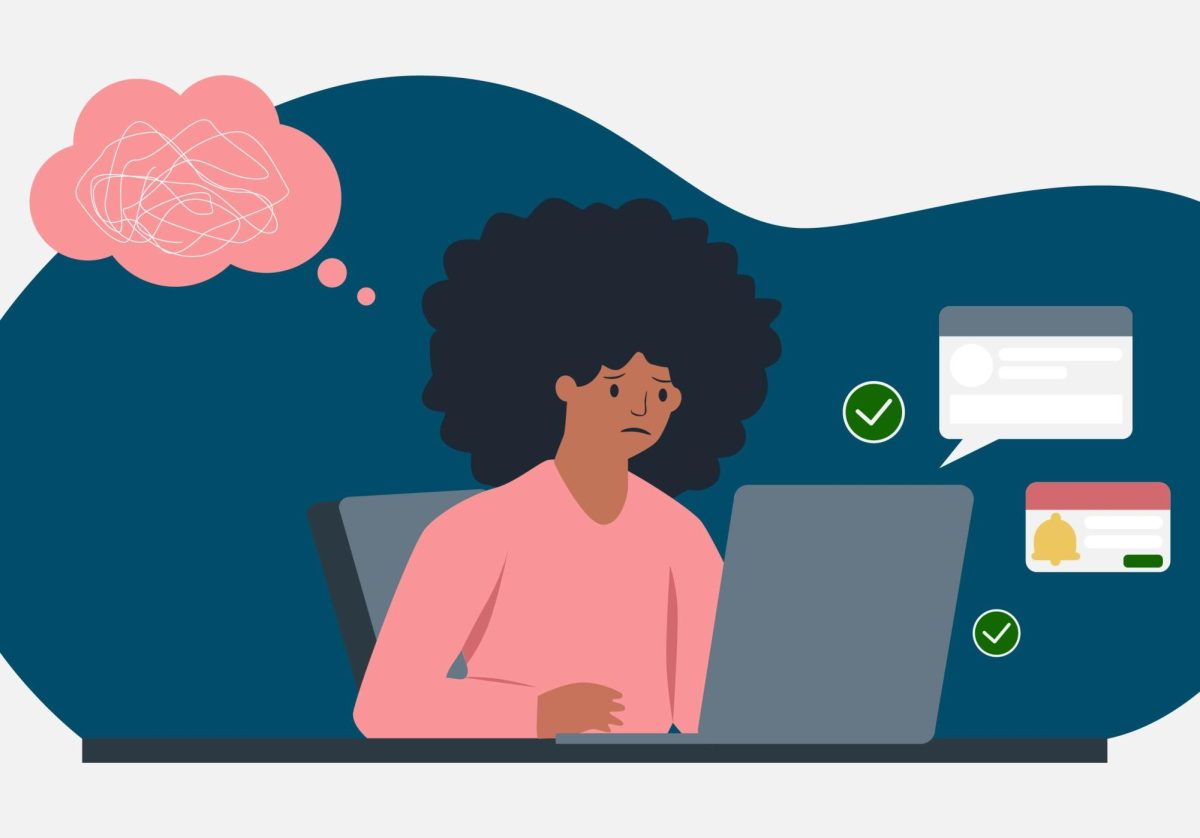On March 14, high school students all over the state walked out of their classrooms to call for stricter gun control measures and to remember the victims of the Parkland shooting one month after it took place. Students stayed outside for 17 minutes, one minute for every person killed.
The entire nation has been somewhat captivated by the mass action of students who refuse to stay silent. I applauded my own siblings for taking part in their school’s protest, until I realized how apathetic they were toward it. I preached to them the importance and value of partaking in civil action, until I realized their frustration — their school had planned the protest. According to KSTP News, some schools in the Twin Cities had “scheduled” the walkouts for their students.
There are numerous issues in having a politically motivated protest be facilitated by school administration. Firstly, it undermines the value in student-led civil engagement. Students are receiving massive coverage and being praised for their bravery and activism, when in reality they are only participating in school sanctioned events. I doubt students will learn anything about civil engagement or grassroots activism if they are only following directions.
There is immense significance in young people engaging in political conversations in a meaningful way, and being taken seriously by the lawmakers who represent them. However, allowing school administrators to organize these protests compromises that. When students who participated were asked why they walked out, some couldn’t say why they were protesting or what action they’d like to see, according to KSTP coverage. These are not the voices of students that we’re hearing, it’s the reiteration of messages pre-approved by administrators.
Not only do I believe these students are being deprived of an experience and lesson that could be incredibly valuable and spur more civil engagement later on, but the decision to plan these protests completely disregards students who may not agree. While I’m sure schools didn’t force anyone to participate, there is still a sense of forced inclusion. Students may feel compelled to take part in these protests because they are arranged by their schools, even if they don’t identify with the politics behind them.
A student at New Prague High School has received national attention after he attended his school’s walkout holding a poster which supported gun rights. His sign displayed a fan-favorite NRA message: “Guns don’t kill people. People kill people.” The student was promptly asked by his principal to leave school property or give up his sign. Politics aside, if a school is going to allow students who are advocating for stricter gun laws to speak their mind, they need to do the same for those who support gun rights.
A video of the incident has since gone viral, as many feel students are being used as political pawns in a ploy to push gun control. While I don’t want to delegitimize the opinions of these students, I do feel that organizing a protest as an authorized school event impedes on students’ rights to freely speak and associate.
Schools are not political platforms to be used to push just one side of a controversial issue. They can, however, be initiators of thoughtful discussion and debate if there is room for more than one point of view.
I realize that this issue has put school administrators in a tough position, as they’ve been pushed into the partisan spotlight. But what I believe administrators should do, in a word, is nothing. They shouldn’t actively attempt to prevent demonstrations, but should also refrain from having a hand in the organization.
Students shouldn’t receive a placated version of what it means to be politically engaged. If school policy permits that students who engage in disruptive events be disciplined, then so be it. Young people deserve to know the true risks, repercussions and rewards of engaging in these protests.







